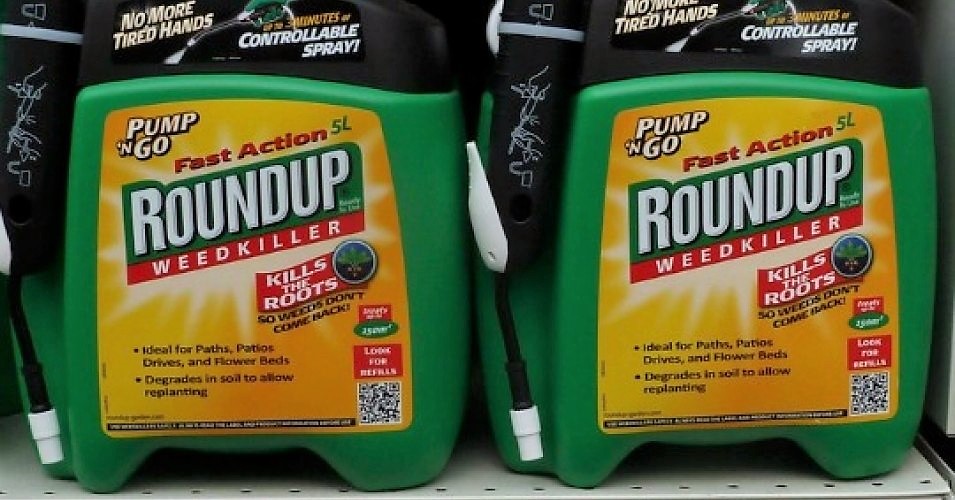Epic penalty for Monsanto
August 11, 2018 | Expert Insights

Chemical giant Monsanto has been ordered to pay $289m (£226m) damages to a man who claimed herbicides containing glyphosate have caused his cancer.
Background
Monsanto is an agrochemical and agricultural biotechnology corporation headquartered in Creve Coeur, Greater St. Louis, Missouri. Monsanto developed Roundup, a glyphosate-based herbicide in the 1970s, and became a major producer of genetically engineered crops.
Monsanto was one of four groups to introduce genes into plants in 1983 and was among the first to conduct field trials of genetically modified crops in 1987. It was one of the top 10 U.S. chemical companies until it divested most of its chemical businesses between 1997 and 2002.
Monsanto is also one of the first companies to apply to agriculture, techniques developed by biotech drug companies.
Analysis
Monsanto suffered a major blow with a jury ruling that the company was liable for a terminally ill man’s cancer, awarding him $289m in damages.
In a landmark case, 46-year-old former groundskeeper, Dewayne Johnson, won a huge victory in the landmark case on Friday, with the jury determining that Monsanto’s Roundup weed killer caused his cancer and that the corporation failed to warn him of the health hazards from exposure. The jury further found that Monsanto “acted with malice or oppression”.
“We were finally able to show the jury the secret, internal Monsanto documents proving that Monsanto has known for decades that ... Roundup could cause cancer,” Johnson’s lawyer Brent Wisner said in a statement. The verdict, he added, sent a “message to Monsanto that its years of deception regarding Roundup is over, and that they should put consumer safety first over profits”.
Mr Johnson's lawyer, Brent Wisner, said the jury's verdict showed that the evidence against the product was "overwhelming". "When you are right, it is really easy to win," he said, adding that the ruling was just "the tip of the spear" of future legal cases.
It's the first lawsuit to go to trial alleging a glyphosate link to cancer. The claimant, groundskeeper Dewayne Johnson, is among more than 5,000 similar plaintiffs across the US.
Correspondents say the California ruling is likely to lead to hundreds of other claims against Monsanto, which was recently bought by the German conglomerate Bayer AG.
Mr Johnson was diagnosed with non-Hodgkin's lymphoma in 2014. His lawyers said he regularly used a form of RangerPro while working at a school in Benicia, California. Glyphosate is the world's most common weed killer and the science about its safety is still far from settled.
In 2015 the International Agency for Research on Cancer, the World Health Organisation's cancer agency, concluded that it was "probably carcinogenic to humans". But the US Environmental Protection Agency (EPA) continues to insist that glyphosate is safe when used carefully.
Campaigners question how the EPA assessment was reached, citing evidence of what they say was inappropriate industry involvement in the decision.
Some Democrats have even called for a Department of Justice investigation into alleged collusion between government officials and Monsanto.
In California, where a judge recently ruled that coffee must carry a cancer warning, the agriculture industry sued to prevent such a label on Roundup even though the state lists it as a chemical known to cause cancer.
In Europe, too, the battle over glyphosate has been fierce. French President Emmanuel Macron is trying to ban it despite the resistance of some French lawmakers and the fact that the European Commission recently granted the weedkiller another five-year license.
Jurors found on Friday that the company had acted with "malice" and that its weed killers contributed "substantially" to Mr Johnson's terminal illness.
Counterpoint
Monsanto has long maintained that Roundup does not cause cancer and that the IARC report is greatly outnumbered by studies saying glyphosate is safe.
"More than 800 scientific studies, the US EPA, the National Institutes of Health and regulators around the world have concluded that glyphosate is safe for use and does not cause cancer," said Scott Partridge, Monsanto's vice president of strategy.
He highlighted the Agricultural Health Study, which studied the effects of pesticides and glyphosate products on farmers and their spouses from 1993 to 2013.
Assessment
Our assessment is that though a majority of lymphoma cases are idiopathic -- meaning the cause is unknown; it is not necessary to link every disease to a causative test. We feel that the chemical interaction between glyphosate and other ingredients in the Roundup case could have caused a synergistic effect that makes the product more carcinogenic. We believe that such a situation has existed for decades for regulators – for example, to learn that tobacco can be a big contributing factor to lung cancer.








Comments